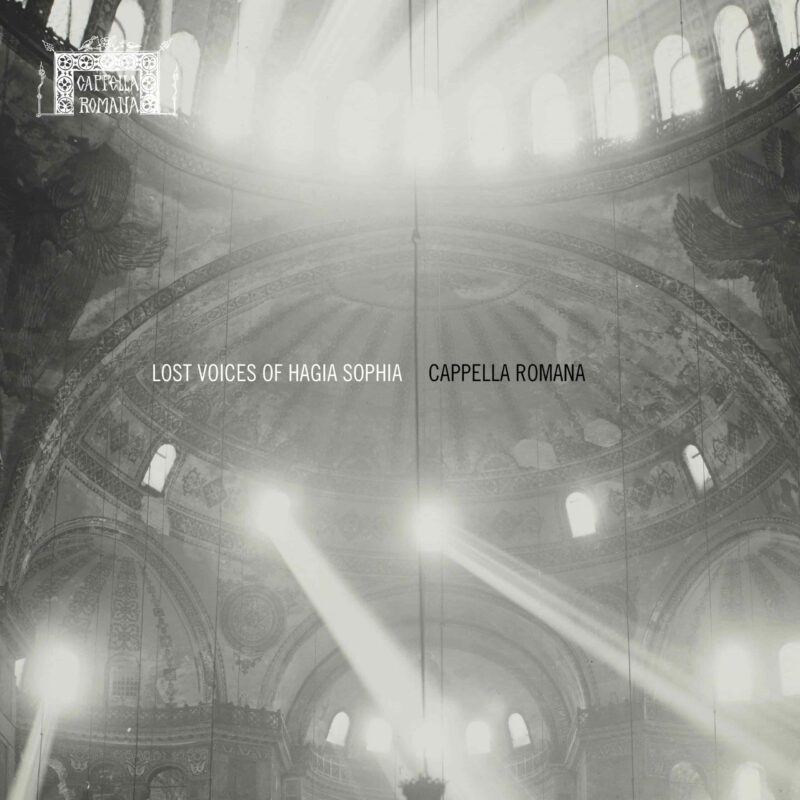“From the first note, we hear dedication, focus, energy, a balanced and measured concentration on – as far as is possible in our noisy world – how the monks and lay staff of the Hagia Sophia would surely have gone about their worship. Just as pleasingly, these performances gently also suggest why they did so. Cappella Romana’s understanding of – and dedication to – the idiom sees to that.
The vocal and choral declamation is metrical and for the most part monophonic with drone and polyphonic support. The singers’ emphasis is on the text: rightly there is restraint rather than spurious rhetoric. Melodic lines are clear but made to bend towards their devotional purposes. Nothing, though, in these chants is even remotely mechanical or perfunctory. Rather, Cappella Romana conveys the energy which must have imbued these ceremonies in Christianity’s first millennium in Europe with celebration, confidence and joy. Not dogma or rote. Nor a routine accompaniment to echo and incense. …
somehow you can’t help being drawn in and captivated. This is surely due to the ensemble’s awareness of and delight in the music’s architecture… rises and falls; climaxes and relaxation; leading and pausing.
Listen as closely as this music – probably new to many – ‘unfolds’ and you will detect few abrupt modulations in dynamic or tempo. The interior of the Hagia Sophia has much architectural variety. But it is in aid of a stunning whole. So it is with this music, which is sung with unity and integrity.
This is a refreshing approach and one which works well. Listen, for instance, to the almost exultant Ode of the Canon of the Precious Cross [tr.5]. The repetition is never an end in itself for these singers, nor a device. It seems an essential way of inviting us as participants or listeners to understand that for (early) Christians the Cross was self-evidently something with which to be spiritually involved – rather than for (our) passive adoration. By their insistence, the singers of Cappella Romana are intimating (to us) that such relics ‘demand’ our attention by themselves. And that the singers are committed conduits.… If you’ve never heard anything like this before, try Lost Voices of the Hagia Sophia; the CD is generous, and well-produced with sound musical premises. It is highly likely to make you at least think seriously about searching out similar music.”


